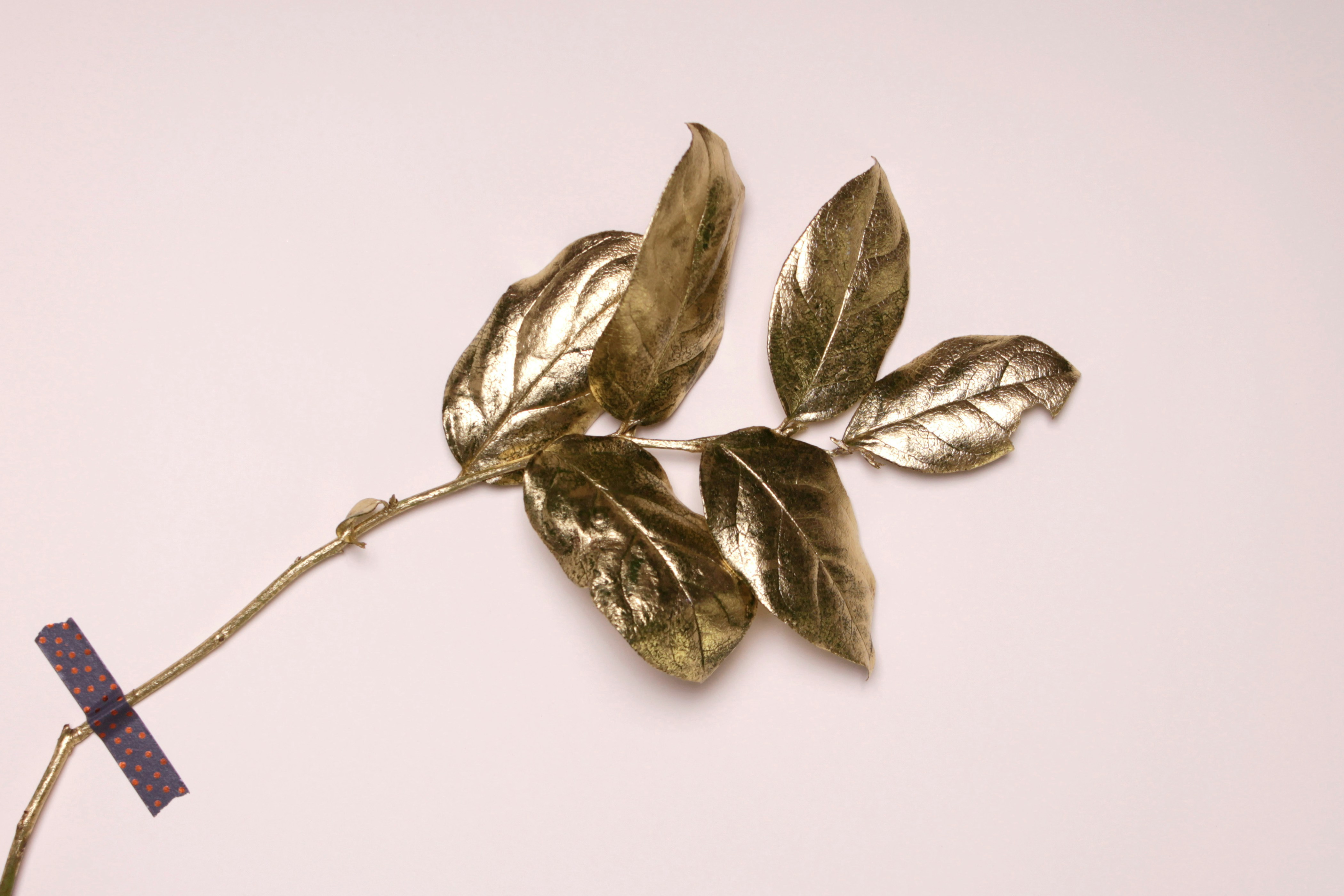How Is the Purity of Gold Determined? The Best Methods Explained
Gold purity is an essential factor in determining the value and quality of a piece of gold. Whether you are a novice investor or an experienced professional, understanding how to measure the purity of gold is crucial. In this article, we will explore the best methods used to determine the purity of gold, providing you with valuable insights into this precious metal.
This image is property of images.unsplash.com.
The Importance of Gold Purity
Knowing the purity of gold is crucial when buying or selling gold jewelry, coins, or bars. The purity of gold is measured in carats, with 24-carat gold being the purest form. Understanding the purity of gold allows investors to make informed decisions about the value and authenticity of their gold assets.
Understanding Gold Hallmarks
One of the most common methods used to determine the purity of gold is through hallmarks. Hallmarks are stamps or markings on gold jewelry or other gold items that indicate the purity of the gold. Different countries have their hallmarking systems, with symbols representing the gold’s purity level.
Gold Testing Kits
Gold testing kits are portable and convenient tools used to test the purity of gold. These kits typically contain acids or electronic testers that can determine the karat weight or percentage of gold in an item. While not as accurate as professional testing methods, gold testing kits are useful for quick assessments of gold purity.
Acid Testing
Acid testing is a widely used method to determine the purity of gold. A small sample of the gold item is scraped onto a testing stone and treated with nitric acid. The reaction between the acid and the gold helps to reveal the gold’s purity level. Different acid strengths are used depending on the karat weight of the gold.
This image is property of images.unsplash.com.
X-Ray Fluorescence Testing
X-Ray Fluorescence (XRF) testing is a non-destructive method used to analyze the composition of gold items accurately. An XRF analyzer is used to shoot X-rays at the gold sample, which then emits fluorescent radiation. The emitted radiation is analyzed to determine the elemental composition and purity of the gold.
Fire Assay Testing
Fire assay testing is considered one of the most accurate methods for determining the purity of gold. In this method, a sample of the gold item is melted at high temperatures in a crucible, and the impurities are removed, leaving behind only the pure gold. The remaining gold is then weighed to determine its purity.
This image is property of images.unsplash.com.
Specific Gravity Testing
Specific Gravity testing is a technique that uses the density of gold to determine its purity. A precise measurement of the gold item’s weight in air and in water is taken to calculate its specific gravity. Since pure gold has a known specific gravity, comparing the measured value can indicate the gold’s purity level.
Touchstone Testing
Touchstone testing is a traditional method used to assess the purity of gold. A small sample of the gold item is rubbed onto a touchstone, leaving a streak that is treated with acid. Based on the color change or reaction of the streak, the purity of the gold can be determined. While not as precise as other methods, touchstone testing can provide a general idea of the gold’s purity.
Conclusion
Understanding how the purity of gold is determined is essential for investors and collectors alike. By utilizing the best methods available, such as acid testing, X-Ray Fluorescence testing, or fire assay testing, you can accurately assess the purity and quality of your gold items. Whether you are looking to buy, sell, or invest in gold, knowing the purity of gold is crucial for making informed decisions in the world of precious metals.
If you have any questions, please don’t hesitate to contact us at info@fastcashva.com






